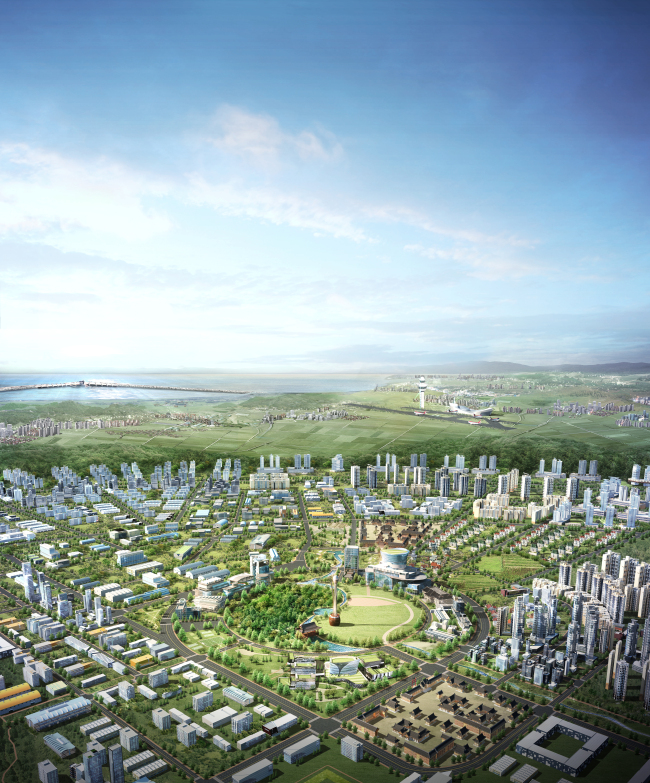South Korea is pushing ahead with building Asia’s first food cluster, Foodpolis, to tap into the global food industry, which is expected to be worth up to $6 trillion by 2020.
The nation plans to invest 553 billion won ($524 million) in setting up the cluster by 2016. It is currently in talks with up to 160 domestic and foreign companies, colleges and research centers that are vying for a spot at Foodpolis.
It has been roughly modeled after Napa Valley, California’s famous wine country, but Foodpolis is after something much bigger, government officials said.
“We aim to make Foodpolis an Asian food hub by integrating the industry with other sectors, such as tourism and culture,” said Lee Ju-myeung, head of the Agriculture Ministry’s Food Industry Policy Bureau.
Global appeal
Located in Iksan, North Jeolla Province, Foodpolis will partner with regional tourist attractions such as Jeonju Hanok Village, the Imsil Cheese Village and Sunchang Traditional Gochujang Village, to develop tour programs and festivals.
The Ministry said a growing number of global food companies have already expressed interest in Foodpolis. A total of 48 foreign firms including the Netherlands’ NIZO food research center and Canada’s Sunopta have inked agreements with the ministry to form partnerships.

“Global companies have displayed interest in Foodpolis, mainly due to its proximity to China and Japan, both of which are important Asian food markets, and due to Korea’s global economic network,” Lee said.
Korea has free trade agreements with 47 nations or regions, and these partners account for more than 60 percent of the world’s gross domestic product.
The incentives that the government is doling out to sweeten the deal are also proving attractive.
Foreign firms starting a business in the cluster will be exempt from corporate taxes for three years. Then, for two years, they will only have to pay 50 percent of their corporate taxes. Free land leases and financial support, including educational subsidies for employees, are also being offered.
Solid infrastructure is another incentive the government believes will appeal to investors.
“The Korean food industry is an ideal area to invest in,” said Kim Youn-sik, head of the state-run Korea Trade-Investment Promotion Agency’s investment promotion team. “It has an advanced cold chain system for frozen and refrigerated products, and also is equipped for fast and secure transportation, distribution and communication infrastructure.”
These benefits are why major local food companies have chosen Foodpolis over other global locales. CJ, Dongwon F&B, Sempio and Harim have memoranda of understanding with the Agriculture Ministry to operate in the local cluster.
“By operating within Foodpolis, we can commit as a brand made in Korea, while also benefiting from incentives and Korea’s economic network,” a CJ official said.
By Shin Ji-hye (
shinjh@heraldcorp.com)








